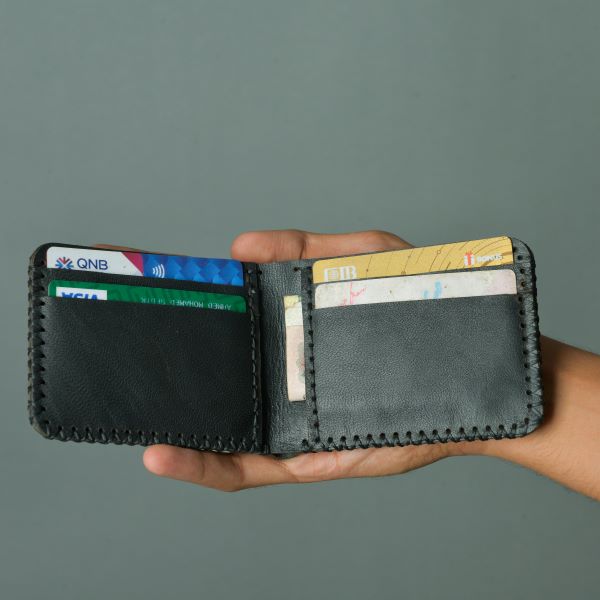In today’s age, protecting your personal information and financial security is paramount. Two common tools that individuals can use to safeguard their credit information are credit freezes and credit locks. While both serve similar purposes, there are key differences between the two. In this article, we will delve into the distinctions between credit freezes and credit locks to help you understand which option may be best for you.
To apply for a credit card through the Airtel Finance, follow these simple steps:
- Download the Airtel Thanks App from either the PlayStore or App Store.
- Navigate to the ‘shop’ category within the app.
- Select ‘credit card’ under ‘Financial Services’.
- Complete the form and provide the necessary information for KYC verification.
- Once approved, expect your credit card to be delivered within 24 hours.
Understanding Credit Freeze vs. Credit Lock
Credit Freeze:
A credit freeze, also known as a security freeze, is a security measure that restricts access to your credit report. When you place a credit freeze on your file, potential creditors cannot view your credit report unless you lift the freeze. This means that even if someone has your personal information, they would be unable to open new accounts in your name since most creditors require access to your credit report before approving new credit applications.
Also Read: What are Credit Card Over-limit Fees and Charges?
Credit Lock:
On the other hand, a credit lock also restricts access to your credit report like a credit freeze. However, credit locks are typically offered by credit bureaus or third-party services and may provide additional features such as real-time alerts and credit monitoring. Unlike credit freezes, credit locks are often more convenient to use as they can be easily turned on or off through online platforms or mobile apps.
Key Differences between Credit Freeze and Credit Lock
Process:
Credit Freeze: To place a credit freeze, you need to contact each of the three major credit bureaus – Equifax, Experian, and TransUnion – individually. You will be provided with a unique PIN for each freeze, which you will need to keep safe in order to lift the freeze in the future.
Credit Lock: Credit locks are usually offered as a service by credit bureaus or third-party providers, allowing you to lock and unlock your credit file through their online portals or mobile applications.
Also Read: How to Convert Credit Card Payment to EMI?
Cost:
Credit Freeze: Placing a credit freeze is generally free of charge in most states, and you may incur fees only when lifting or temporarily lifting the freeze.
Credit Lock: Some credit bureaus may charge a monthly fee for credit lock services, while others offer it for free as part of a subscription package.
Flexibility:
Credit Freeze: Credit freezes provide a high level of security as they are governed by federal law. Once in place, a credit freeze remains until you choose to lift it.
Credit Lock: Credit locks offer more flexibility and convenience, allowing you to lock and unlock your credit file instantly through online platforms.
Which Option is Right for You?
Deciding between a credit freeze and a credit lock depends on your personal preferences and needs. If you are looking for a more robust and legally protected option, a credit freeze may be the way to go. However, if you value convenience and additional features like credit monitoring, a credit lock could be a suitable choice for you.
In conclusion, both credit freezes and credit locks are effective tools for protecting your credit information. Understanding the differences between the two can help you make an informed decision on which option aligns best with your security requirements.
Also Read: Factors That Determine Your Credit Score
FAQs
1. What is the main difference between a credit freeze and a credit lock?
The main difference between a credit freeze and a credit lock lies in how they are implemented. While both restrict access to your credit report, credit freezes are governed by federal law and require you to contact each credit bureau individually, whereas credit locks are often provided as a service by credit bureaus or third-party providers and offer more convenience in terms of locking and unlocking your credit file.
2. Are credit freezes and credit locks equally effective in protecting my credit information?
Both credit freezes and credit locks are effective in restricting access to your credit report. However, credit freezes are more legally binding and provide a higher level of security as they are governed by federal regulations.
3. Do credit freezes and credit locks impact my credit score?
Placing a credit freeze or credit lock on your credit file does not impact your credit score. It simply restricts access to your credit report, preventing unauthorized individuals from opening new accounts in your name.
4. Can I have both a credit freeze and a credit lock on my credit file simultaneously?
Yes, it is possible to have both a credit freeze and a credit lock on your credit file. However, it is important to note that these are separate security measures and may not be necessary to have both at the same time.
5. How long does it take to lift a credit freeze or credit lock?
The process of lifting a credit freeze or credit lock can vary depending on the credit bureau or service provider. In most cases, you can lift the freeze or lock within minutes through online platforms or by contacting the respective entity directly.
By understanding the nuances between credit freezes and credit locks, you can make an informed decision on how to best protect your credit information and financial security.


 Get App
Get App  Airtel Store
Airtel Store  Login
Login 



